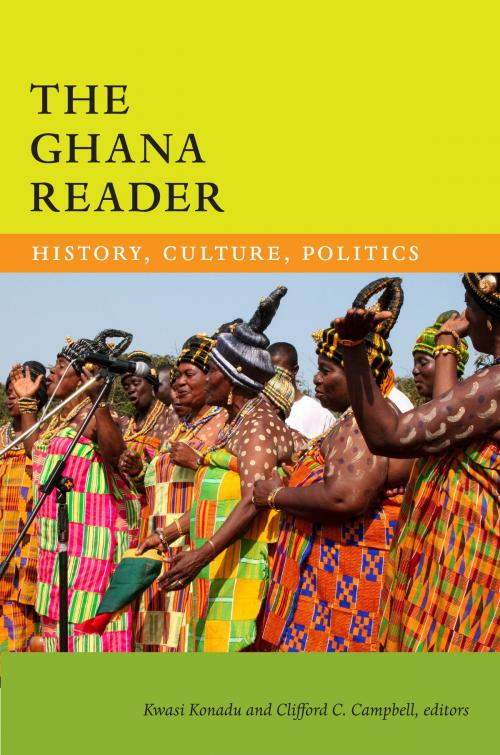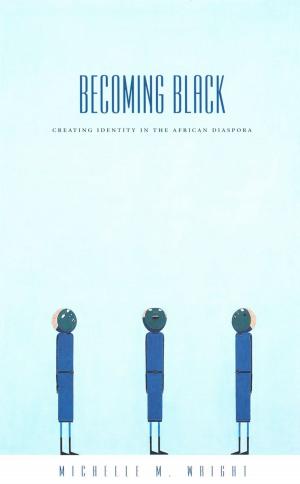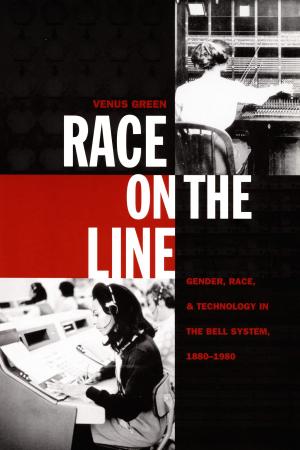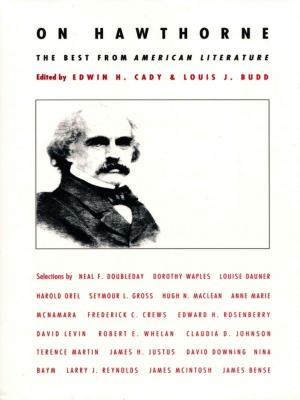| Author: | ISBN: | 9780822374961 | |
| Publisher: | Duke University Press | Publication: | February 4, 2016 |
| Imprint: | Duke University Press Books | Language: | English |
| Author: | |
| ISBN: | 9780822374961 |
| Publisher: | Duke University Press |
| Publication: | February 4, 2016 |
| Imprint: | Duke University Press Books |
| Language: | English |
Covering 500 years of Ghana's history, The Ghana Reader provides a multitude of historical, political, and cultural perspectives on this iconic African nation. Whether discussing the Asante kingdom and the Gold Coast's importance to European commerce and transatlantic slaving, Ghana's brief period under British colonial rule, or the emergence of its modern democracy, the volume's eighty selections emphasize Ghana's enormous symbolic and pragmatic value to global relations. They also demonstrate that the path to fully understanding Ghana requires acknowledging its ethnic and cultural diversity and listening to its population's varied voices. Readers will encounter selections written by everyone from farmers, traders, and the clergy to intellectuals, politicians, musicians, and foreign travelers. With sources including historical documents, poems, treaties, articles, and fiction, The Ghana Reader conveys the multiple and intersecting histories of Ghana's development as a nation, its key contribution to the formation of the African diaspora, and its increasingly important role in the economy and politics of the twenty-first century.
Covering 500 years of Ghana's history, The Ghana Reader provides a multitude of historical, political, and cultural perspectives on this iconic African nation. Whether discussing the Asante kingdom and the Gold Coast's importance to European commerce and transatlantic slaving, Ghana's brief period under British colonial rule, or the emergence of its modern democracy, the volume's eighty selections emphasize Ghana's enormous symbolic and pragmatic value to global relations. They also demonstrate that the path to fully understanding Ghana requires acknowledging its ethnic and cultural diversity and listening to its population's varied voices. Readers will encounter selections written by everyone from farmers, traders, and the clergy to intellectuals, politicians, musicians, and foreign travelers. With sources including historical documents, poems, treaties, articles, and fiction, The Ghana Reader conveys the multiple and intersecting histories of Ghana's development as a nation, its key contribution to the formation of the African diaspora, and its increasingly important role in the economy and politics of the twenty-first century.















